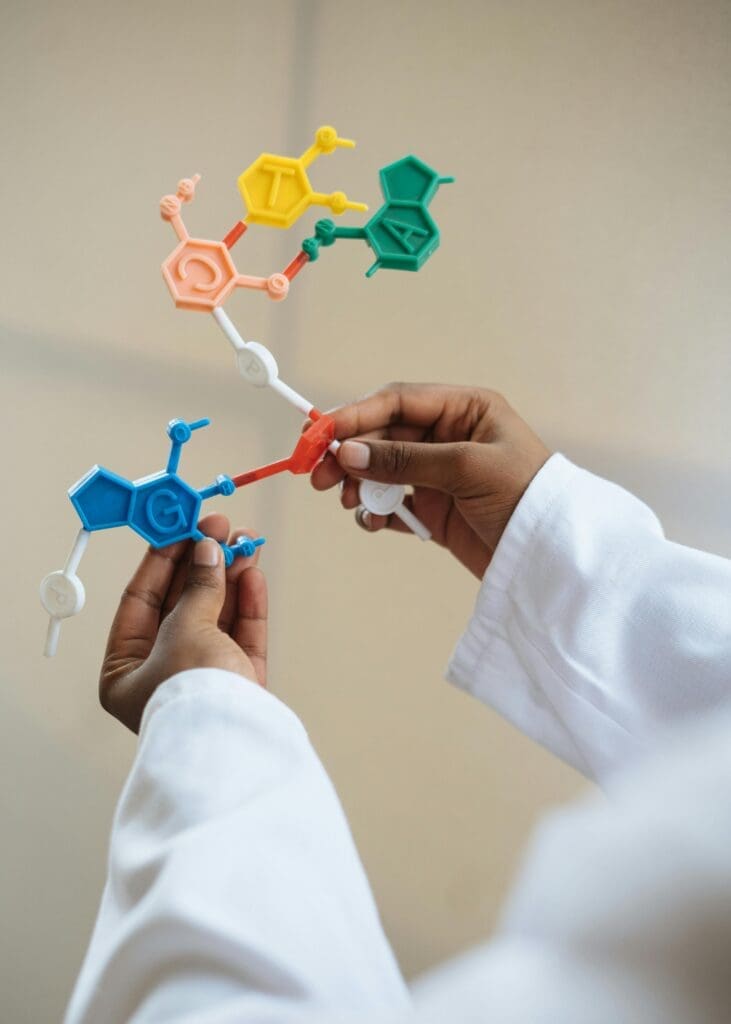“Diversity connects” funding guideline strengthens diversity in science
The Federal Ministry of Research, Technology and Space (BMFTR) has published the guideline “Diversity connects” to promote networking between interest groups, universities and research institutions. The aim is to strengthen equal opportunities and diversity in the science system, as described in the announcement in the Federal Gazette of 11 August 2025. The initiative is intended to break down barriers to access, increase the participation of underrepresented groups and increase the innovative power of science through diverse perspectives.
The guideline emphasizes that a diverse science system prevents gaps and biases and improves the quality of research results through different perspectives. Diversity is seen as a prerequisite for scientific excellence and equity, as it allows for more creative solutions and more innovative approaches. Currently, the science system is losing valuable perspectives due to access barriers and the increased elimination of underrepresented groups, which restricts scientific discourse and impairs Germany’s international competitiveness.

Projects such as conferences, workshops, exchange forums and platforms that intensify the dialogue between actors in the science system are funded. These measures are intended to raise awareness of diversity of perspectives, increase the visibility of marginalised groups and professionalise anti-discrimination work. Advocacy groups play a central role by identifying the needs and challenges of marginalized groups and developing tailor-made solutions. Indicators of success include the creation of interdisciplinary networks, the participation of a wide range of actors and the development of guidelines for action and diversity plans.
Universities, non-university research institutions, student and civil society organisations, foundations and other legal entities based in Germany that have diversity expertise are eligible to apply. Individuals are not eligible to apply, and university structures without legal capacity must apply through their university. The funding is provided as a non-repayable grant of up to 50,000 euros per project and a maximum duration of 18 months. Eligible expenses include, among other things, personnel costs, fees, travel expenses, barrier-free event measures and material costs, provided that they are necessary and reasonable.
The results of the funded projects may only be used in Germany, the European Economic Area or Switzerland. Applicants must check whether their projects are eligible for EU funding and state this in the application. In addition, grant recipients undertake to save their results in a digital collection and to share them with other projects in professional exchange. Open access for publications is explicitly supported, with a maximum embargo period of twelve months for secondary publications.
The application process is coordinated by the DLR Project Management Agency, which offers advice and support. The first submission deadline for project outlines is 31 October 2025, with others to follow in 2026 and 2027.
Contact for enquiries:
DLR Project Management Agency ŌĆō Equal Opportunities, Gender Studies, Diversity
Heinrich-Konen-Stra├¤e 1, 53227 Bonn
E-mail: vielfalt@dlr.de
Phone: +49 228 3821 1890
Forms for funding applications, guidelines, leaflets, information and ancillary provisions can be accessed at the Internet address https://foerderportal.bund.de/easy/easy_index.php?auswahl=formularschrank_foerderportal&formularschrank=bmftr .
The electronic application system “easy-Online” must be used to prepare project outlines and formal funding applications (https://foerderportal.bund.de/easyonline). It is possible to submit the application in electronic form via this portal using the TAN procedure or with a qualified electronic signature. In addition, it is still possible to submit an application in paper form.
Editor: X-Press Journalistenb├╝ro GbR
Gender Notice. The personal designations used in this text always refer equally to female, male and diverse persons. Double/triple naming and gendered designations are used for better readability. ected.




